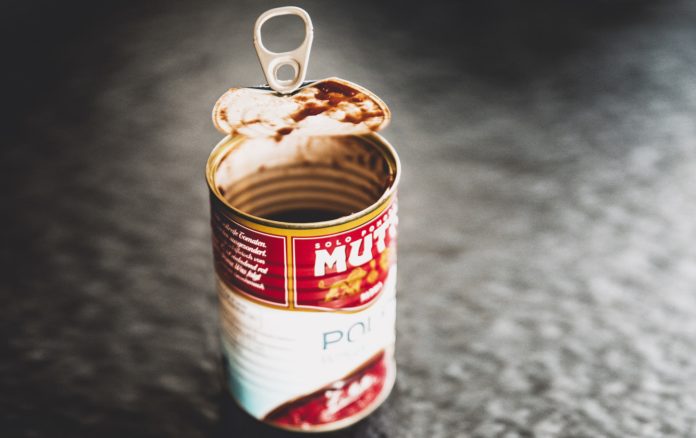The Food Safety and Standards Authority of India (FSSAI) has approved the proposal at its latest meeting
Packaged food items that are sold in India will now have to display information about total sugar, salt and saturated fat content in bold and relatively bigger fonts.
In a country that is on the cusp of a diabetes and metabolic diseases epidemic, packaged food items have penetrated every social strata. The move, the government hopes, will foster a certain level of consciousness among consumers to help them decide better.
The decision to approve the amendment in the Food Safety and Standards (Labelling and Display) Regulations, 2020 regarding Nutritional information labelling was taken in the 44th meeting of the Food Safety and Standards Authority of India (FSSAI), held under the chairmanship of Shri Apurva Chandra, Chairperson, FSSAI.
The draft notification for the said amendment would now be put in the public domain for inviting suggestions and objections.
The information regarding per serve percentage (%) contribution to Recommended Dietary Allowances (RDAs) would be given in bold letters for total sugar, total saturated fat and sodium content. Regulation 2 (v) and 5(3) of FSS (Labelling and Display) Regulation, 2020 specifies requirements to mention serving size and nutritional information on the food product label, respectively.
There are hopes that the display of this information will eventually contribute towards efforts to combat the rise of Non-Communicable Diseases (NCDs) and promote public health and well-being. The prioritisation of the development of clear and distinguish labelling requirements would help in the global effort to combat NCDs.
FSSAI has been issuing advisories from time to time to prevent false and misleading claims. These include advisories sent to e-commerce website for removal of the term ‘Health Drink’ as it is not defined or standardized anywhere under the FSS Act 2006 or rules/regulations made thereunder, apart from directive mandating all Food Business Operators (FBOs) to remove any claim of ‘100% fruit juices’ from the labels and advertisements of reconstituted fruit juices, the use of the term wheat flour/ refined wheat flour, the advertisement and marketing of ORS along with prefix or suffix, nutrient function claim for multi-source edible vegetable oils etc. These advisories and directives are issued to prevent misleading claims by FBOs.


